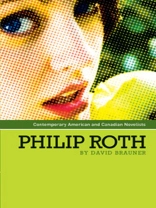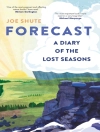This is a groundbreaking study of the most important contemporary American novelist, Philip Roth. Reading the author alongside a number of his contemporaries, and focusing particularly on his later fiction, this book offers a highly accessible, informative and persuasive view of Roth as an intellectually adventurous and stylistically brilliant writer who constantly reinvents himself in surprising ways.
At the heart of this book are a number of detailed and nuanced readings of Roth’s works both in terms of their relationships with each other and with fiction by Nathaniel Hawthorne, Thomas Pynchon, Tim O’Brien, Brett Easton Ellis, Stanley Elkin, Howard Jacobson and Jonathan Safran Foer. Brauner identifies as a thread running through all of Roth’s work the use of paradox, both as a rhetorical device and as an organising intellectual and ideological principle.
Table of Content
1. Introduction
2. The trials of Nathan Zuckerman, or Jewry as jury: judging Jews in Zuckerman Bound
3. The ‘credible incredible’ and the ‘incredible credible’: generic experimentation in My Life as a Man, The Counterlife, The Facts, Deception and Operation Shylock
4. Old men behaving badly: morality, mortality and masculinity in Sabbath’s Theater
5. History and the anti-pastoral: Utopian dreams and rituals of purification in the ‘American Trilogy’
6. Flights of fancy and fantasies of flight: rewriting history and retreating from trauma in The Plot Against America
Afterword
About the author
David Brauner is Senior Lecturer in the School of English and American Literature at the University of Reading












